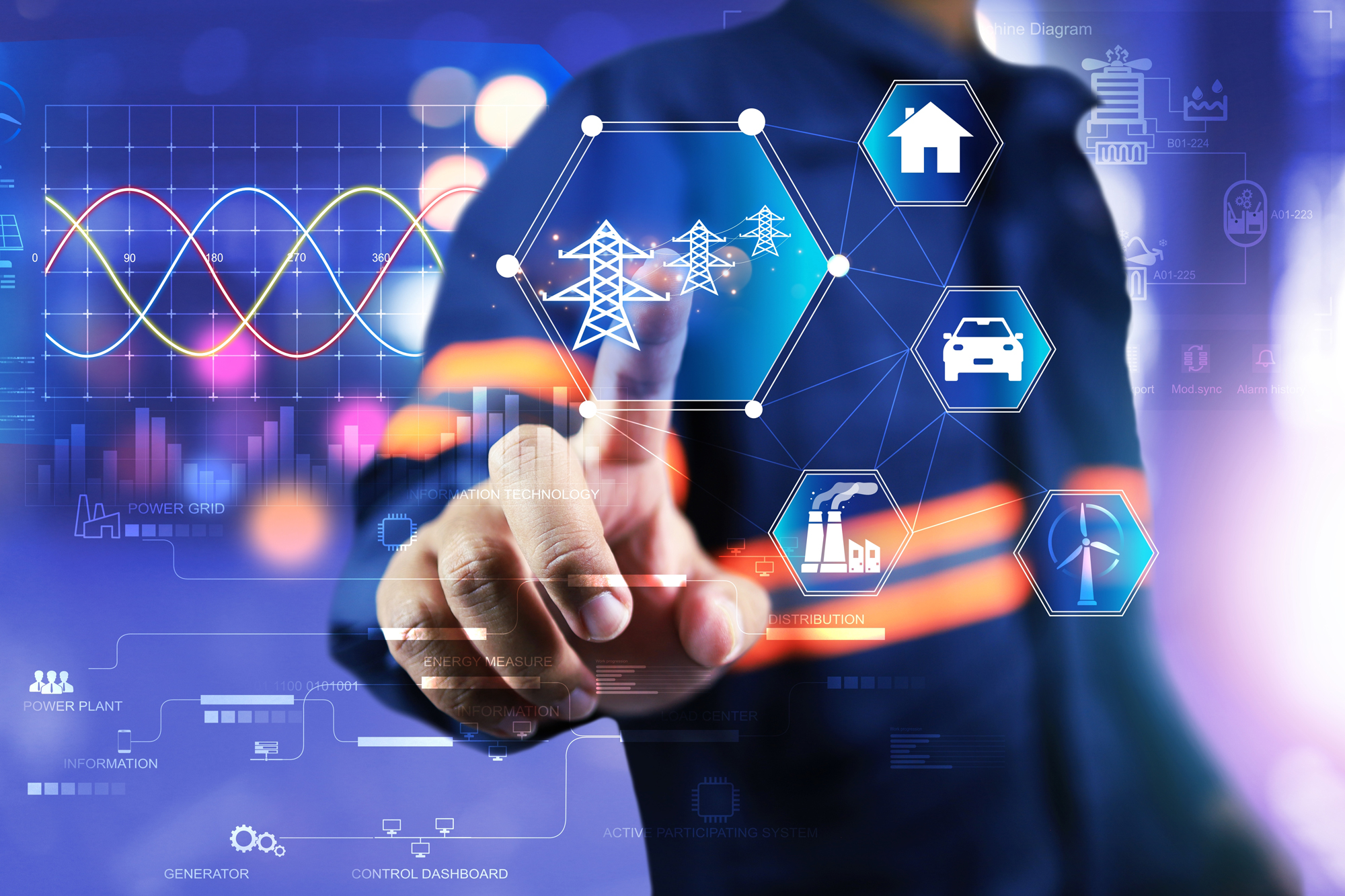A new CENELEC Workshop is being planned which will complement the intersecting activities of the EU Research projects 'OPENTUNITY' and 'FEDECOM'. OPENTUNITY focuses on opening up the electricity ecosystem to increase the efforts of decarbonisation, while FEDECOM focuses on the technical and business ecosystem to demonstrate the advantages of energy sector coupling.
How efficiently and effectively we manage our energy is essential to our future. In particular, decarbonization is a key area that mitigates the effects of climate change as well as reducing air pollution, thereby improving public health. By shifting to cleaner energy sources and transitioning away from carbon intensive energy, societies can build a healthier environment and more sustainable communities.
With this background in mind, the aligned projects of OPENTUNITY and FEDECOM are offering complementary approaches to assessing and managing the impact of P2P (peer-2-peer) energy trading on distribution grid operations. This is important because P2P trading can have significant affect on local grid conditions. Addressing the impact of P2P trading means modifying net load profiles, reversing power flows and influencing congestion patterns, which in turn helps to relieve or increase congestion in the Distribution Grid, as necessary. As P2P energy trading becomes more structured across Europe, the proper management of the these frameworks is vital.
In light of the focus of these two EU projects, the objective of the proposed Workshop is to:
- Provide enhanced state estimation techniques to predict when the distributed PV will feed the grid, allowing for the calculation of the impact in the grid of this bidirectional flow and assessment of the energy import and export levels and how they change with the implementation of P2P trading.
- Allow community generation and flexibility assets to be better harnessed by the grid with the implementation of dynamic tariff models.
The CWA will form an important deliverable that helps to address the current gap in standardized methodologies for assessing the impact of P2P trading on distribution grids. By aligning with existing standards and incorporating insights from projects like FEDECOM and OPENTUNITY, the CWA will facilitate broader adoption of P2P trading models, ensuring they contribute positively to grid resilience and the EU's energy transition goals. This effort also supports the European Commission’s 'Digitalising the Energy System' initiative (COM(2022) 552), which emphasises the role of interoperable data sharing, digital flexibility markets, and decentralised coordination mechanisms to enable a secure and consumer-centric energy transition.
The kick-off meeting for the Workshop will take place remotely via Microsoft Teams on Tuesday 21 October from 10.00 until 13.00 (CEST). To attend remotely, please use this Join the meeting link.
All interested parties are invited to submit comments on the draft Project Plan using the commenting form below, to the Workshop Secretary Iker Iñigo Ochandorena (UNE) (iinigo@une.org).
Download the documents:
- Workshop description and draft Project Plan
- Agenda of the Kick-off Meeting
- Registration form
- Commenting form




